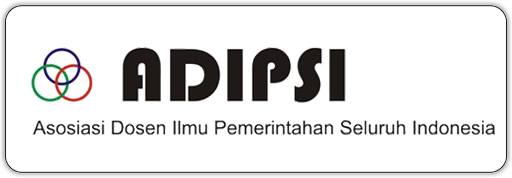Determinants of Growth in Indonesia
A Sub-National Study
Keywords:
Faktor pertumbuhan ekonomi, Indonesia, Determinants of economic growth, IndonesiaAbstract
Paper ini bertujuan untuk mengidentifikasi faktor-faktor penentu pertumbuhan ekonomi di Indonesia. Untuk itu, dilakukan analisis terhadap data panel dari 33 provinsi di Indonesia mulai tahun 2006 sampai 2015. Analisis empiris pada paper ini melibatkan dua metode estimasi: 1) Ordinary Least Squares (OLS) dengan Fixed Effects Model, dan 2) Generalized Method of Moments (GMM). Hasil penelitian menunjukkan bahwa rasio investasi sebagai akumulasi persediaan physical capital, tingkat pendidikan sebagai akumulasi persediaan human capital, pertumbuhan penduduk, desentralisasi, dan perdagangan memiliki dampak positif yang signifikan terhadap pendapatan per kapita. Selanjutnya, pengeluaran pemerintah dan proporsi penganut agama Islam memiliki pengaruh negatif yang signifikan terhadap pendapatan per kapita. Disisi lain, proporsi penganut agama Kristen Protestan dan Kristen Katolik tidak memiliki pengaruh terhadap pendapatan per kapita.This paper identifies the determinants of economic growth in Indonesia. To accomplish this, panel data for 33 provinces in Indonesia, for the years of 2006 through 2015, were analyzed. The empirical analysis involved two estimation methods: 1) Ordinary Least Squares (OLS) with a Fixed Effects Model, and 2) Generalized Method of Moments (GMM). The results reveal that investment ratio as the stock of physical capital, education level as the stock of human capital; population growth, decentralization, and trade across the provinces have a significant positive impact on the income per capita. Government expenditures and the proportion of adherents to the Islam religion have a significant negative influence on the income per capita. However, the proportion of adherents to the Protestant and the Catholic religions do not affect the income per capita.













